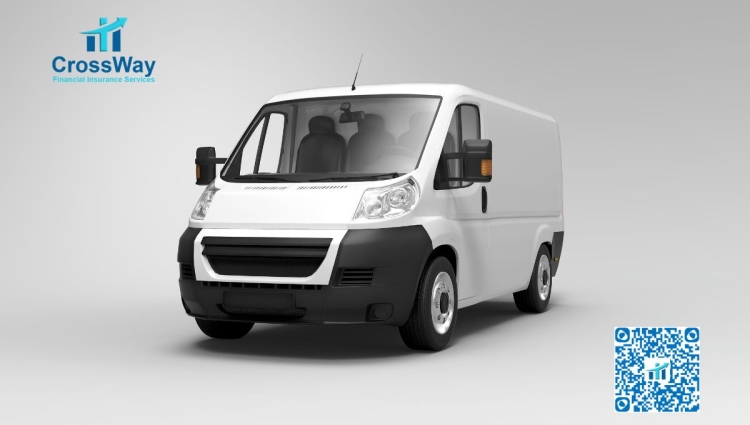
What Do I Need to Know Before I Go for Commercial Auto Insurance?
If your business relies on vehicles for daily operations, securing the right commercial auto insurance is crucial. Whether you own a small business with a few delivery vans or manage a fleet of trucks,
understanding the nuances of commercial auto insurance will help you protect your assets and ensure smooth operations. Here’s what you need to know before making your decision.
1. Assess Your Business Needs
The first step is to clearly understand your business needs. What type of vehicles are you insuring? Are they used for transporting goods, carrying passengers, or simply getting from point A to B? The purpose and frequency of vehicle use will greatly influence the type of coverage you need. For example, if your vehicles are primarily used for deliveries, you may require higher liability limits.
2. Understand the Types of Coverage
Commercial auto insurance is not a one-size-fits-all solution. It includes several types of coverage, each designed to protect your business in different ways:
- Liability Coverage: This is the most basic form of coverage, protecting your business if your vehicle causes injury or damage to others.
- Physical Damage Coverage: This includes collision and comprehensive coverage, which protect your vehicles from damage due to accidents, theft, weather events, and more.
- Uninsured/Underinsured Motorist Coverage: This protects your business if your vehicle is involved in an accident with a driver who doesn’t have sufficient insurance.
- Medical Payments Coverage: This covers medical expenses for the driver and passengers, regardless of who is at fault in an accident.
Understanding these different coverage options will help you build a policy that meets your business’s unique needs.
3. Know Your Legal Requirements
In California, businesses are required to carry minimum liability insurance for their vehicles. However, depending on the nature of your business, you may need additional coverage to meet regulatory requirements. For example, if your vehicles transport hazardous materials, you may be subject to stricter regulations and higher insurance requirements.
4. Consider the Deductible and Premium Balance
When selecting a policy, you’ll need to choose a deductible—the amount you’ll pay out of pocket before your insurance kicks in. While a higher deductible can lower your premium, it also means more out-of-pocket expense in the event of a claim. It’s important to find a balance that aligns with your business’s financial situation and risk tolerance.
5. Evaluate Insurer Reputation and Customer Service
Not all insurance providers are created equal. When selecting a commercial auto insurance policy, consider the reputation and customer service record of the insurer. You want a company that is responsive, helpful, and has a track record of handling claims fairly and efficiently. At CrossWay Financial & Insurance Services, we work with reputable insurers to ensure our clients receive the best possible service.
6. Review and Update Your Policy Regularly
As your business grows and changes, your insurance needs may evolve. It’s important to review your policy regularly and make adjustments as needed. Whether you’re adding new vehicles to your fleet or changing the way your vehicles are used, keeping your insurance up to date will ensure that you’re always adequately protected.
In conclusion, securing commercial auto insurance requires careful consideration of your business’s needs, understanding the various types of coverage, and choosing a policy that offers the right balance of protection and affordability. At CrossWay Financial & Insurance Services, we’re here to help you navigate this process and find the best coverage for your business.
If you found this article helpful, we encourage you to share it with others who might benefit. And if you have any expectations or experiences with commercial auto insurance, please share them in the comments below!



 And then Add to Home Screen.
And then Add to Home Screen.